Abstract 6/2020
Table of content
Jan Aleksandrowicz, Wiesław Starowicz – Automatic passenger counting systems in urban public transport
Jacek Oskarbski – Traffic models in modern road transport management
Katarzyna Solecka, Monika Cholewa – Multi-criteria evaluation of available application supporting city travel with public transport –
Andrzej Krych – Horizon 2050 – Towards a New Paradigm of Mobility Planning
Krzysztof Dostatni – Research on the quality of public transport in Poznań in the years 2013 – 2019
Abstracts
Jan Aleksandrowicz, Wiesław Starowicz
Automatic passenger counting systems in urban public transport
Abstract: The article is devoted to automatic passenger counting systems. It presents types of technologies used in the process of detecting passengers of urban public transport vehicles getting on and off at stops. The article presents application for the collected data in an automatic way. Also experiences of the Municipal Transport Company in Krakow (Miejskie Przedsiębiorstwo Komunikacyjne S.A.) in the process of testing and implementing automatic passenger counting systems have been presented. , The article proposes a methodology for carrying out measurements in vehicles in order to verify the system operation on the basis of carried research. Additionally, important elements of analysis of collected data were presented. The article is concluded with a plan of further research on automatic passenger counting systems and a summary and conclusions of conducted studies.
Key words: automatic passenger counting system, detection, precision of counting systems
Jacek Oskarbski
Traffic models in modern road transport management
Abstract: The implementation and development of a multi-level travel model and network (MST), within the framework of a Traffic Planning System (SPR), improving transport management in transport systems with the use of services offered by Intelligent Transport Systems, may provide scientific support to national, regional or local planning and operational administrative planning and operational units for the optimisation of systemic traffic management, in activities aimed at improving transport efficiency and safety levels. This article presents the concept, implementation and examples of applications of SPR together with MST as key elements of transport management systems. They have been implemented as a result of scientific research on the integration of travel models, traffic and transport network in the framework of the implementation of the Integrated Traffic Management System TRISTAR in Tri-City and research projects CIVITAS DYN@MO “DYNamic citizens @ctive for sustainable Mobility”, FLOW “Furthering Less Congestion by Creating Opportunities for More Walking and Cycling” and RID-4D “Impact of Intelligent Transport Systems services on the level of road safety”.
Key words: transport process modelling, intelligent transport systems, traffic modelling, traffic management
Katarzyna Solecka, Monika Cholewa
Multi-criteria evaluation of available application supporting city travel with public transport
Abstract: The article presents the most popular applications supporting urban travel planning. Selection of travel application was based on a literature review and internet rankings. Eight most popular applications have been compared. The applications were compared taking into account their most important functions, there were 3 methods of comparison: based on a review of internet resources, based on surveys carried out among application users, and using one of the multi-criteria decision support means – a compensatory-conjunctive method. Obtained results showed the functionality of all applications, and indicated those the most popular and the most often used.
Key words: means of transport, travel planning, multi-criteria decision support
Andrzej Krych
Horizon 2050 – Towards a New Paradigm of Mobility Planning
Abstract: The article is one of three papers prepared as a part of the HORYZONT 2050 series. The two remaining: “Towards a New Travel Modeling Paradigm” and “for a Towards a New Urban Transport Planning Paradigm” are mutations of the idea presented in the first article. The starting point for all of them is the vision of the 2050 transport system. There are several quite certain elements underlying the construction of its future technological formula, but its consequences, possibilities and the process of its implementation require broader discussion. The main directions should be related to the aspects of the system of shared autonomous means regulation, the future of public collective transport and the need to change the approach to forecasting and planning of travels. The development of technology is significantly connected with normative expectations related to concern for the planet’s climate future. The currently applied methodology of mobility planning, traffic research and travel modeling procedures, city and its transport planning are not structurally adequate with the needs of optimizing future transport systems. Giving them an appropriate direction in long-term horizons requires breaking the barriers of the transport system environment, which are the main obstacles to its sustainable development. Public transport in its current form is not able to break the dominance of the automotive industry in the modal split. The author does not attempt to endeavor to present the optimal or final path, but perceives the opportunities in using the developed technology as well as properly regulated competition. The latter may prove to be much more difficult. It is certainly only the beginning of the way, so the article presents theses worth to be discussed.
Key words: mobility, mobility planning
Krzysztof Dostatni
Research on the quality of public transport in Poznań in the years 2013 – 2019
Abstract: The article presents the principles of conducting research on the quality of passenger transport and the analysis of indicators used to assess the quality of transport in Poznań in the years 2013 – 2019. In Poland, the regulations concerning public transport are set out in the Act on Public Collective Transport of 16 December 2010. On the basis of the provisions of this Act, agreements between the organizers and transport operators should include, among other things, conditions concerning quality standards and improving the quality of services provided in the field of public mass transport. The agreement between the Urban Transport Authority in Poznań and MPK Poznań Sp. z o.o. specifies in a detailed manner the indicators used to examine the quality of transport, as they affect the amount of remuneration for providing transport services. The first part of the article presents standards for the assessment of the quality of transport services in Poznań, while the second part presents the results of research and conclusions with comments.
Key words: urban public transport, collective transport, quality of transport, quality research
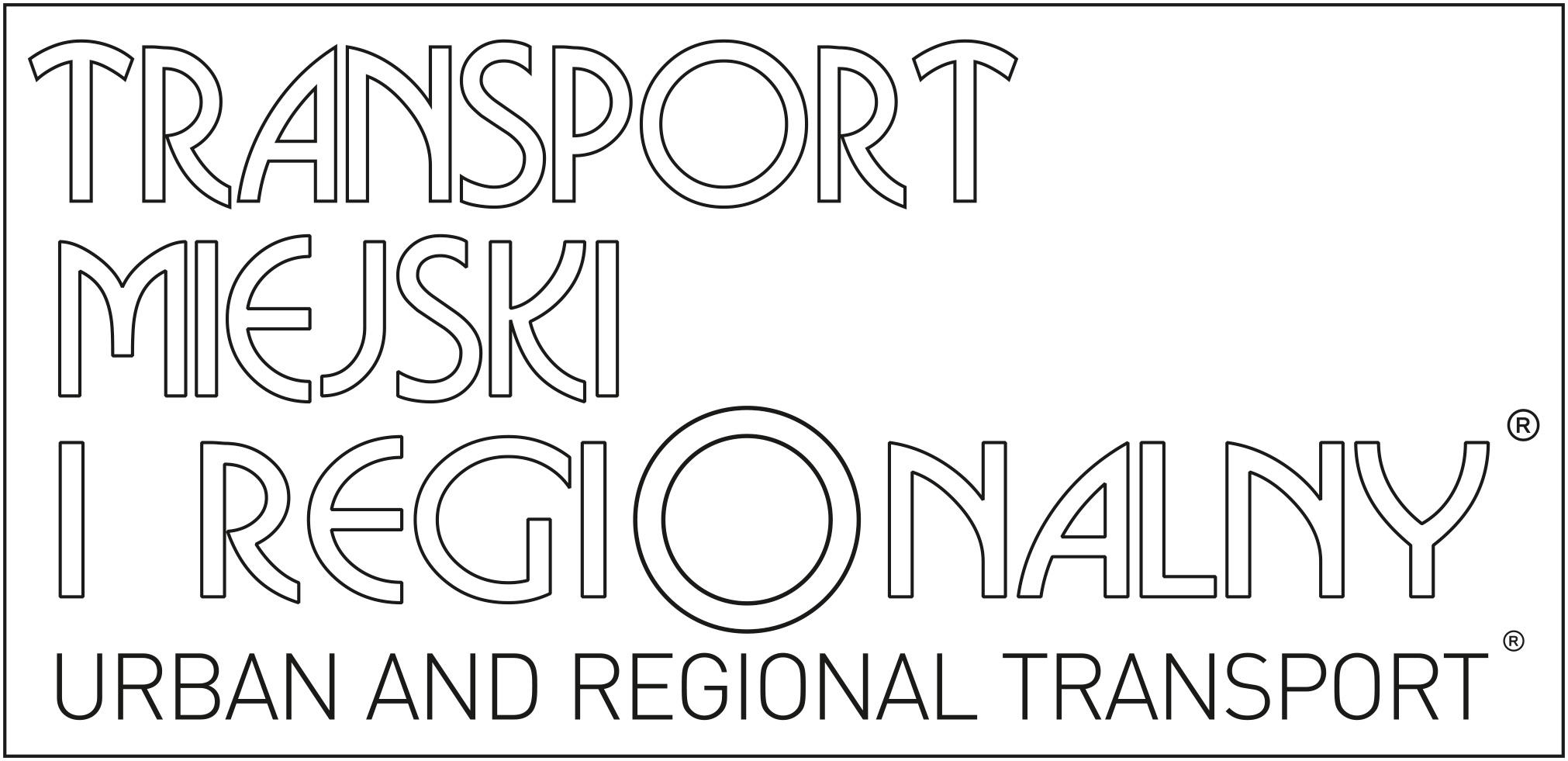
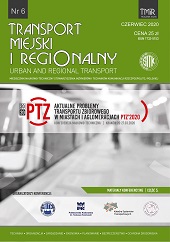
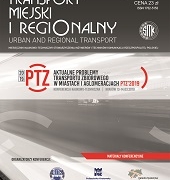
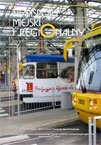 SITK RP
SITK RP 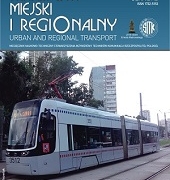
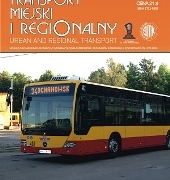 SITK RP
SITK RP 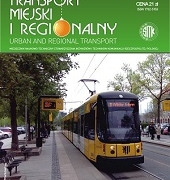
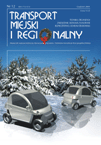 SITK RP
SITK RP 

